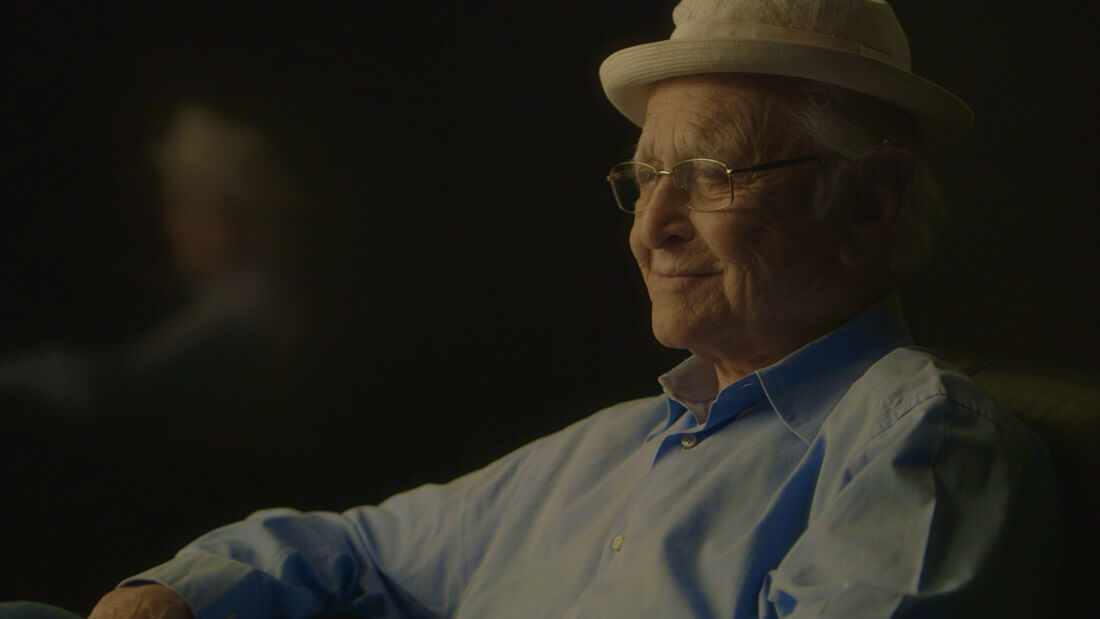‘Norman Lear: Just Another Version of You’ Does Norman Lear deserve to be mentioned alongside the grimy ’70s Hollywood auteurs? While untold film directors were feeding a public briefly thirsty for tales of grit and misery and doom, Lear was holding up the TV end. He was (and is, at 93) a fellow firebrand and prolific one-man-band hit-maker whose shows, all of them massively watched comedies, dealt head-on with bigotry, economic hardships, taboo subjects and Vanessa Redgrave jokes. As you well know, TV is in a new Golden Age now, but few of today’s acclaimed colossuses are as brash — and as entertaining in their brashness — as “All in the Family,” “The Jeffersons,” “Maude” and “Good Times,” to say nothing of wack experiments like “Fernwood 2 Night.” The ’70s filmmakers can be idolized out of proportion, pelted with endless moony lip service and blandly genuflecting documentaries. That doesn’t quite happen to the television god of “Norman Lear: Just Another Version of You.” It’s rosy and hagiographic, but mostly about Lear himself, as a person, not just an artist. Instead of a mere talking-heads-and-clips affair, directors Heidi Ewing and Rachel Grady (“Jesus Camp,” “Detropia”) spice things up, showing the shows on screens watched by Lear and his surviving cast members. (These faintly smack of Alain Resnais’ second-to-last-film “You Ain’t Seen Nothin’ Yet,” in which a dead playwright’s regular actors watch their old work in a home screening room.) RELATED: New On Netflix: Albert Brooks arrives to terrorize the streaming world Still, it’s still a traditional profile, plowing through the greatest hits, sharing stories, celebrating him for being ahead of his time while affecting the culture. You might not even hear much you didn’t already know. We learn again that “All in the Family” united the country’s progressives and regressives by effective lampooning the latter under their noses. “Maude” challenged the censors and won with a two-part episode in which its hero (Bea Arthur) heroically got an abortion. Lear convinced a nation to love a black family from the projects (“Good Times”) and laugh both at and with the nouveau riche George Jefferson. The very likely possibility that both look dodgy from today is almost brought up then ignored. Despite the dearth of new material and takes — and the wealth of hyperbole, such as one talking head who measures TV history as “Before Norman” and “After Norman,” true though that may be — a doc such as this has a comfort food quality, much like tuning into a beloved show week after week. You get to hear stories you already know, again. You get to plow through a stunning run in one fell swoop. As history it’s often thin — and it just barely namedrops Lear’s one film directing credit, the 1970 cigarette satire “Cold Turkey” — but the thin-ness, in a strange way, is part of the charm. It is a movie, after all, and a movie still has the size and stature, if not the length, to reawaken interest in a great artist whose greatness is so enshrined in the public consciousness we may have forgotten exactly why he was great to begin with.
Directors: Heidi Ewing, Rachel Grady
Genre: Documentary
Rating: R
3 (out of 5) Globes
‘Norman Lear: Just Another Version of You’ is a valentine to a master

Music Box Films
Follow Matt Prigge on Twitter @mattprigge


















